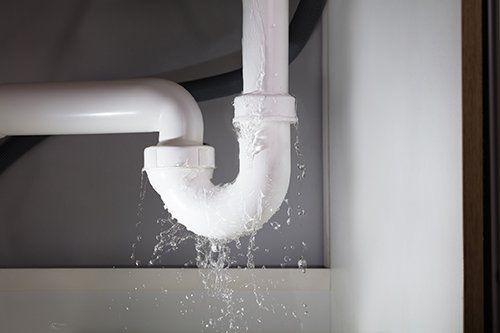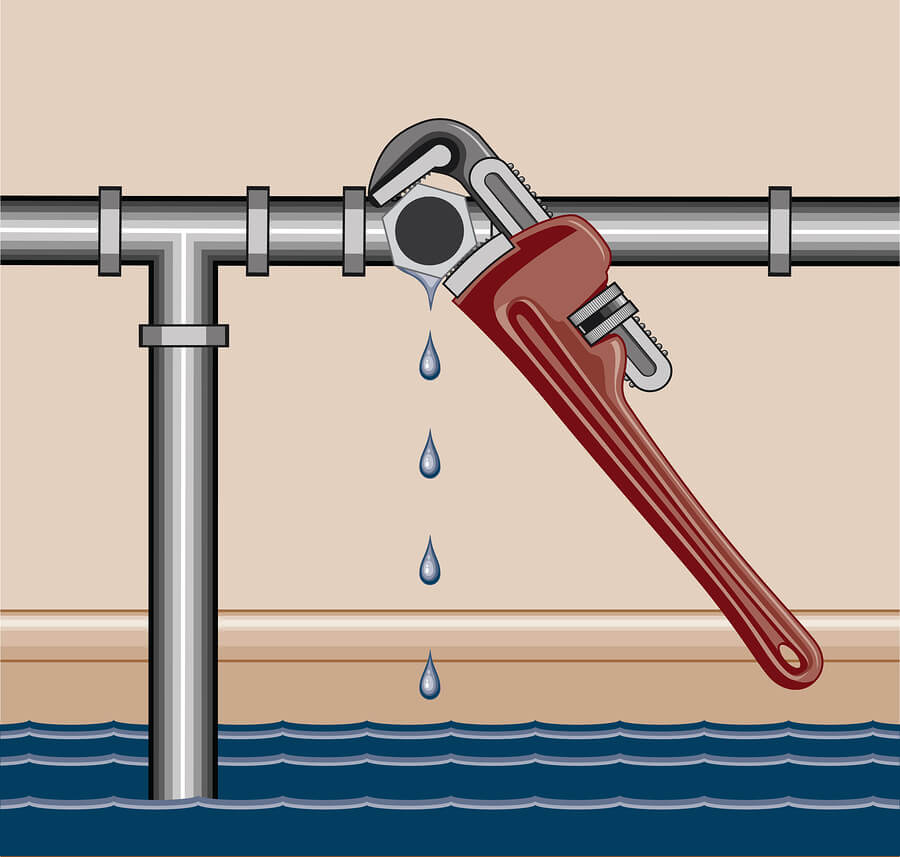The Home's Common Common Leak Factors: Analysis
The Home's Common Common Leak Factors: Analysis
Blog Article
We've encountered this post pertaining to How to detect water leaks in your home directly below on the internet and figured it made perfect sense to talk about it with you here.

Leaks not just create waste of water yet can also create unnecessary damages to your home and also promote unwanted natural development. By looking as well as comprehending for everyday scenarios that trigger leakages, you can protect your residence from future leaks as well as unnecessary damage.
Instant temperature level modifications.
Extreme temperature changes in our pipelines can create them to expand and contract suddenly. This growth and tightening may cause splits in the pipes, particularly if the temperature are below freezing. If you kept an eye on just how your plumbing functions, it would be best. The existence of the previously mentioned circumstances regularly shows a high risk.
Rusty water systems
As time goes by, your plumbing system ages and rust such as corrosion might start gnawing the pipelines. This might be the root cause of staining or bending on your water pipes. This requires an inspection with your plumber quickly. Consider replacing the pipelines since they are at a greater danger of rust than the newer models if our plumbing system is old.
Faulty Pipe Joints
The factor at which your pipes attach is often the weakest link in the waterline. Pipeline joints can weaken over time, leading to water leaks. The bulk of pipe joints are not quickly noticeable. If you have noisy pipelines that make ticking or banging sounds, particularly when the warm water is turned on, your pipe joints are possibly under a lot of pressure. It is a good idea to have your plumber inspect your system once a year.
Elbowing in roots
The majority of water leaks begin outside your home rather than inside it. If you notice an unexpected decrease in water stress, claim in your tap, take time to head out and also analyze your lawn. You may discover wet spots or sinkholes in your lawn, and that could indicate that tree roots are invading water lines creating water to leak out. You can have your plumber check for breach, particularly if you have trees or shrubs near your home.
Poor Water Connectors
Sometimes, a leak can be brought on by loosened hoses as well as pipes that supply your appliances. Most of the time, changing is what creates the loosened water Links. You could find in the case of a washing device, a tube might spring a leakage as a result of drinking throughout the spin cycle. In case of a water links leakage, you may discover water running directly from the supply line or pools around your appliances.
Clogged Drains
Obstructed drains might be frustrating as well as inconveniencing, yet they can occasionally end up creating an overflow causing burst pipelines. Maintain eliminating any kind of materials that might go down your drains pipes that can clog them to stay clear of such inconveniences.
All the above are sources of leakages but not all water leaks result from plumbing leaks; some leakages could come from roofing system leakages. All leakages need to be fixed instantly to prevent water damage.
Leakages not just trigger waste of water however can additionally create unneeded damages to your house as well as advertise unwanted natural development. By looking as well as comprehending for day-to-day situations that trigger leakages, you can secure your home from future leakages and also unnecessary damage. Today, we will look at six leak causes that might be triggering your pipelines to leak.
At times, a leak can be caused by loose hose pipes and also pipes that supply your home appliances. In situation of a water links leakage, you may see water running directly from the supply line or pools around your home appliances.
How To Check For Water Leak In Your Home
How To Check for Leaks
The average household's leaks can account for nearly 10,000 gallons of water wasted every year and ten percent of homes have leaks that waste 90 gallons or more per day. Common types of leaks found in the home are worn toilet flappers, dripping faucets, and other leaking valves. These types of leaks are often easy to fix, requiring only a few tools and hardware that can pay for themselves in water savings. Fixing easily corrected household water leaks can save homeowners about 10 percent on their water bills.
To check for leaks in your home, you first need to determine whether you're wasting water and then identify the source of the leak. Here are some tips for finding leaks:
Take a look at your water usage during a colder month, such as January or February. If a family of four exceeds 12,000 gallons per month, there are serious leaks.
Check your water meter before and after a two-hour period when no water is being used. If the meter changes at all, you probably have a leak.
Identify toilet leaks by placing a drop of food coloring in the toilet tank. If any color shows up in the bowl after 10 minutes, you have a leak. (Be sure to flush immediately after the experiment to avoid staining the tank.)
Examine faucet gaskets and pipe fittings for any water on the outside of the pipe to check for surface leaks.
Undetected water leaks can happen without the home or business owner even realizing. If you suspect a water leak, but not able to find the source. It is time to contact a professional water leak detection service, The Leak Doctor.
How To Find a Water Leak In Your Home
https://www.leakdoctor.com/blog/How-To-Check-For-Water-Leak-In-Your-Home_AE197.html

I recently found that article about How to detect water leaks in your home when perusing the web. If you please take a moment to distribute this blog entry if you enjoyed it. Many thanks for taking the time to read it.
Stay calm, contact! Report this page